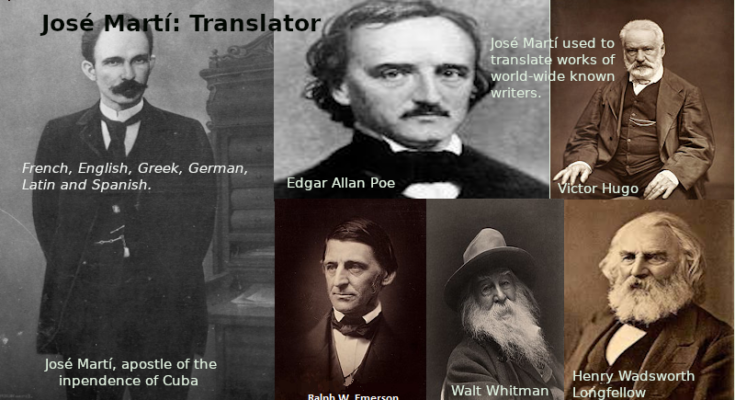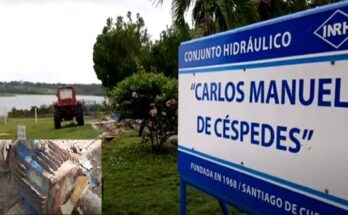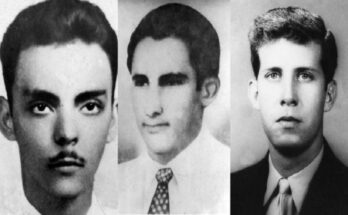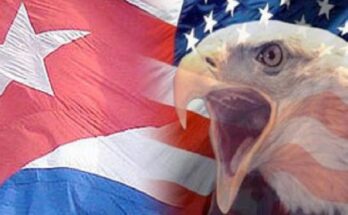José Julián Martí Pérez, the most multifaceted Cuban was able to, besides organizing the 1895-Independence War against Spanish colonialism in Cuba, devote time to a wide range of areas of human activity. He was a politician, poet, writer, and philosopher. However, he was also a translator. Translation is an issue that seems to be far from his revolutionary undertakings, notwithstanding it took an important part of his life in exile.
Martí was able to fluently write, read and speak 6 languages: French, English, Greek, German, Latin and Spanish, his mother tongue. He studied Greek and Latin at the University of Zaragoza.
He completed a variety of literary translations of world literature’s leading figures such as Edgar Allan Poe, Ralph Waldo Emerson, Henry Wadsworth Longfellow, Walt Whitman, Victor Hugo, Helen Hunt Jackson, among others.
The following is the translation of Fable, a poem written by the eminent American scholar and writer, Ralph Waldo Emerson, to whom he would dedicate a sort of elegy in the Venezuelan newspaper “La Opinión Nacional”, in the May 19, 1882 edition. José Martí went far beyond the traditional biblical and literary topics of translation of his time. He translated texts in the diplomatic, philosophical, historic, literary –prose and poetry—journalistic, and political fields.
His multiple occupations and his constant travels away from his beloved motherland turned Martí into a consul for the longtime established independent republics of Argentina, Paraguay and Uruguay. It was due to his quality as a speaker, negotiator and translator-interpreter that the government of Uruguay appointed him as its official representative at the 1891 International American Monetary Conference. His rank then, in today’s terms, would be equivalent to that of a minister without portfolio or a special appointee!
As to Martí’s humbleness and lack of financial ambitions, there is a testimony from when he sent his final report to the government of the Republic of Uruguay:
Your Excellency will allow me not to include the list of expenses I incurred as part of this delegation since I feel compensated enough by the honor bestowed on me
(De la Cuesta, 1996: 72, note 30, my translation).
On his need to use English in the U.S., in 1880 Martí wrote the following to a few friends:
If you could see me struggling to master this beautiful, rebellious language! Three or four more months and I will do better.
(. . .) I do not completely master it yet and although I can write it without any problem, I still speak comically (. . .) (Obras Completas, Vol 20: 285, 353, my translation)
Among his eventually numerous translations, Martí felt rightly proud of his Ramona in Spanish, translated from English under the same title as the work by Helen Hunt Jackson.
Of the original book Martí, the poet, wrote “Everyone will find something in it: a literary person will find merit; an artist will find color; generous people will find friendship; (. . .) tired people will find amusement (. . .) This book is real, but beautiful.” (Obras Completas, Vol. 22: 178). In addition to the works by Victor Hugo and Hunt Jackson, Martí translated texts written by Ralph Waldo Emerson and Edgar Allan Poe, Longfellow, Whitman as well as many short journalistic and children’s literature texts. He is rightfully considered one of the founders of modernism in literature, especially in poetry with his 1882 Ismaelillo, and of children’s literature in Latin America with his unsurpassed La Edad de Oro (The Golden Age) in 1889 (Tellechea 1997: 6).
Based on all of the above, it is this author’s contention that, although he may have done some translation work out of sheer financial necessity, Martí preferred to translate those authors whom he considered of world wide importance –as all the names above suggest—and, of course, were indeed among his personal favorites.
(Continued)
Related articles




